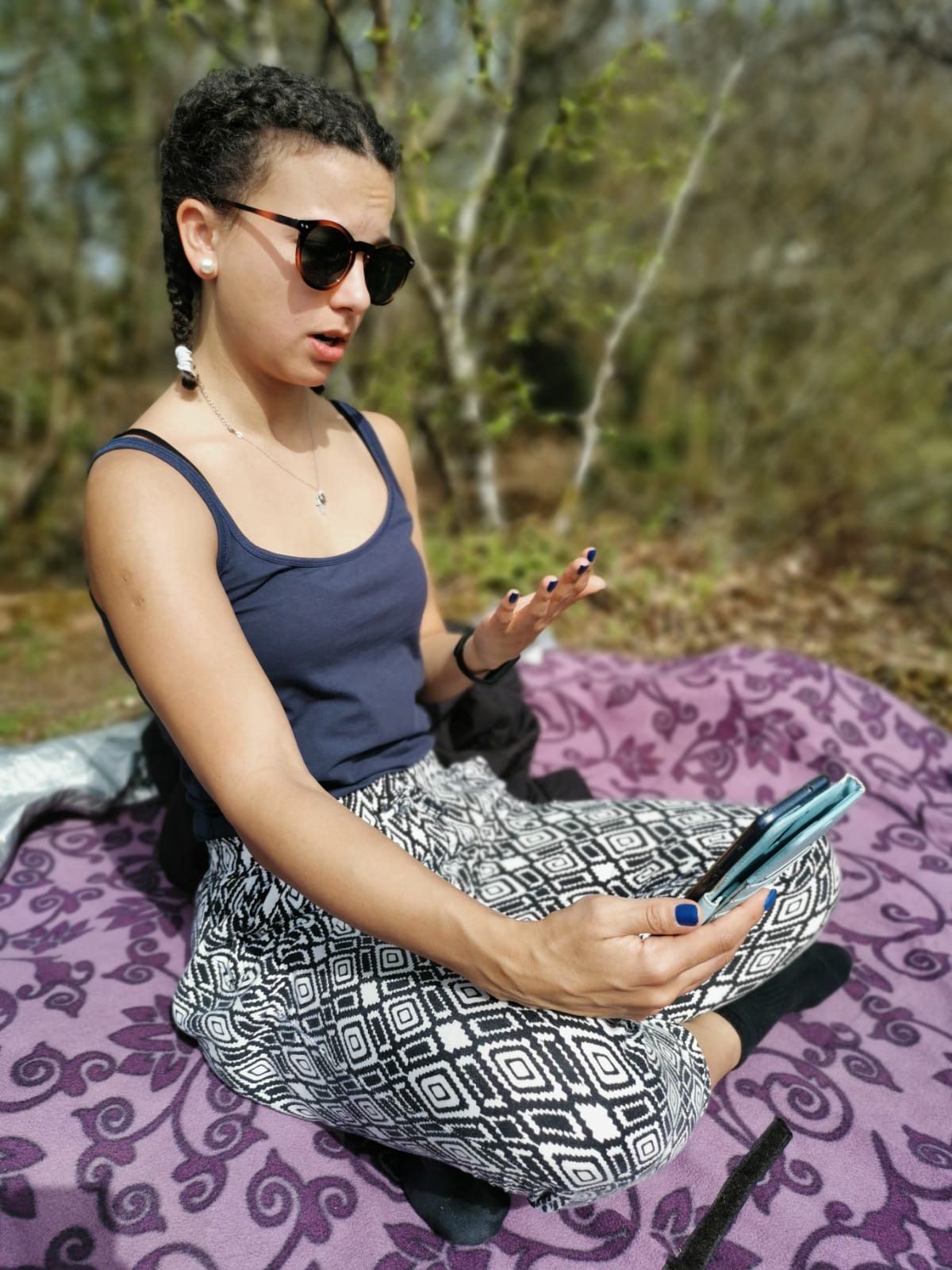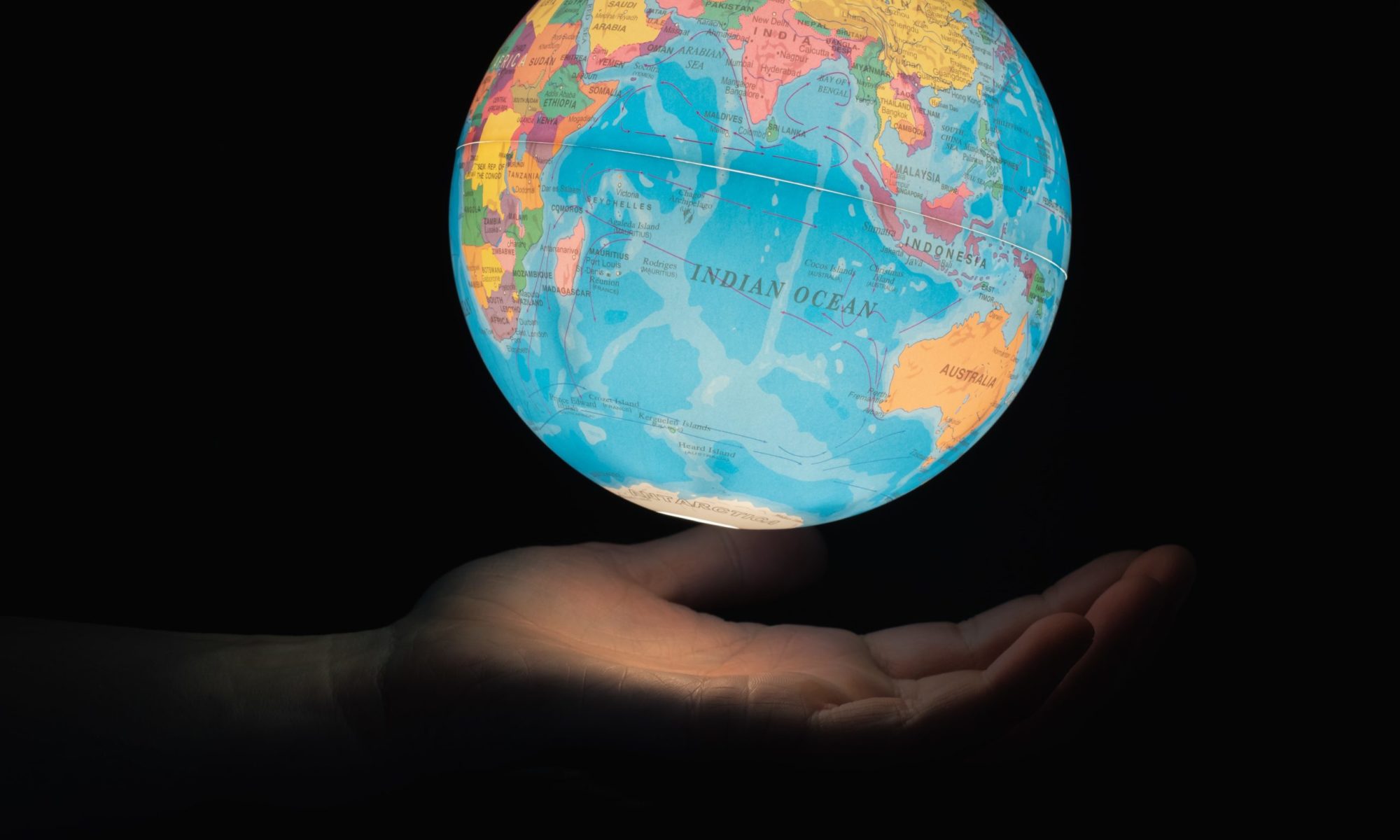
Student profile: Carla Sille, 24 years old, Electrical Engineering student
Thu: How do you define cultural diversity?
Carla: I would say cultural diversity happens when people from different nations, countries are at the same place. They learn from each other and respect each other.
Thu: Do you think cultural diversity and globalisation are the same?
Carla: No, I don’t think they are the same, but they are connected. Globalisation is a material world, regarding economics, business, import, export, etc. Also, when the universities offer exchange programs in other countries, they can exchange the experience. When there is globalisation, there is also cultural diversity.
Thu: Which benefits does cultural diversity bring you?
Carla: I would say a lot. I am an Argentinian who studies in German, so I am in touch with many people worldwide. They teach me many things, open my mind, help me see and understand other traditions, and be more empathetic.
Thu: How is your student life connected with diversity?
Carla: As I said, I am an international studying in Germany, and many things in my life connect with cultural diversity. Most of my fellows are Germans, so I learned how they live, how they communicate and how they work. I also lived in an international dormitory, so I was in touch with many people worldwide; I learned to speak English, tried to eat new things that they cook for me, or cook for them. It was like an exchange.
Thu: Do you think COVID-19 has affected cultural diversity since it restricts social contacts and creates more inequality?
Carla: I think yes, to some extent. It is difficult to get in touch with my friends, travel to my country, visit my family, and in general, it affects the social contacts we have. But I don’t think it affects cultural diversity that much because we live in a digital era where we can always use Zoom, Skype, etc. I can both meet my family there and meet my old ERASMUS friends, my friends from Argentina. During my first year in Germany, I didn’t have many contacts, but now they all have social media, so I think it doesn’t affect cultural diversity that strong.
Thu: Do you think digitalisation and technologies help us to bring more cultural diversity?
Carla: Yes, I do. Like I said before, I think this new era with Zoom, Instagram, Skype, etc., they all help us to get in touch with people living in different time zones, from other parts of the world. With digitalisation, I could always connect with my friends, my family members and even create new friendships.
Thu: Thank you so much for your time and effort!
*Note: This interview was done in the form of audio with a photo.

